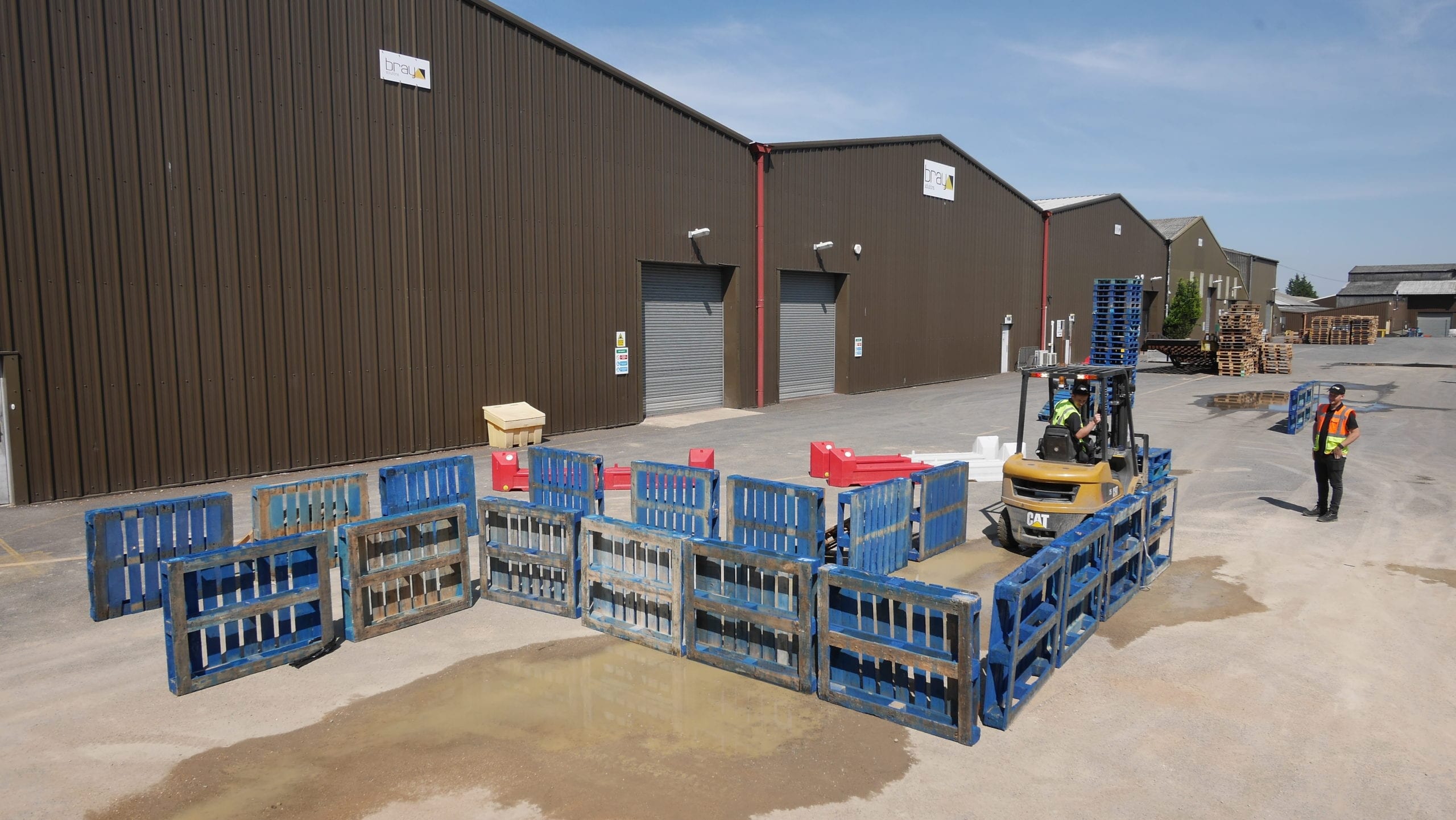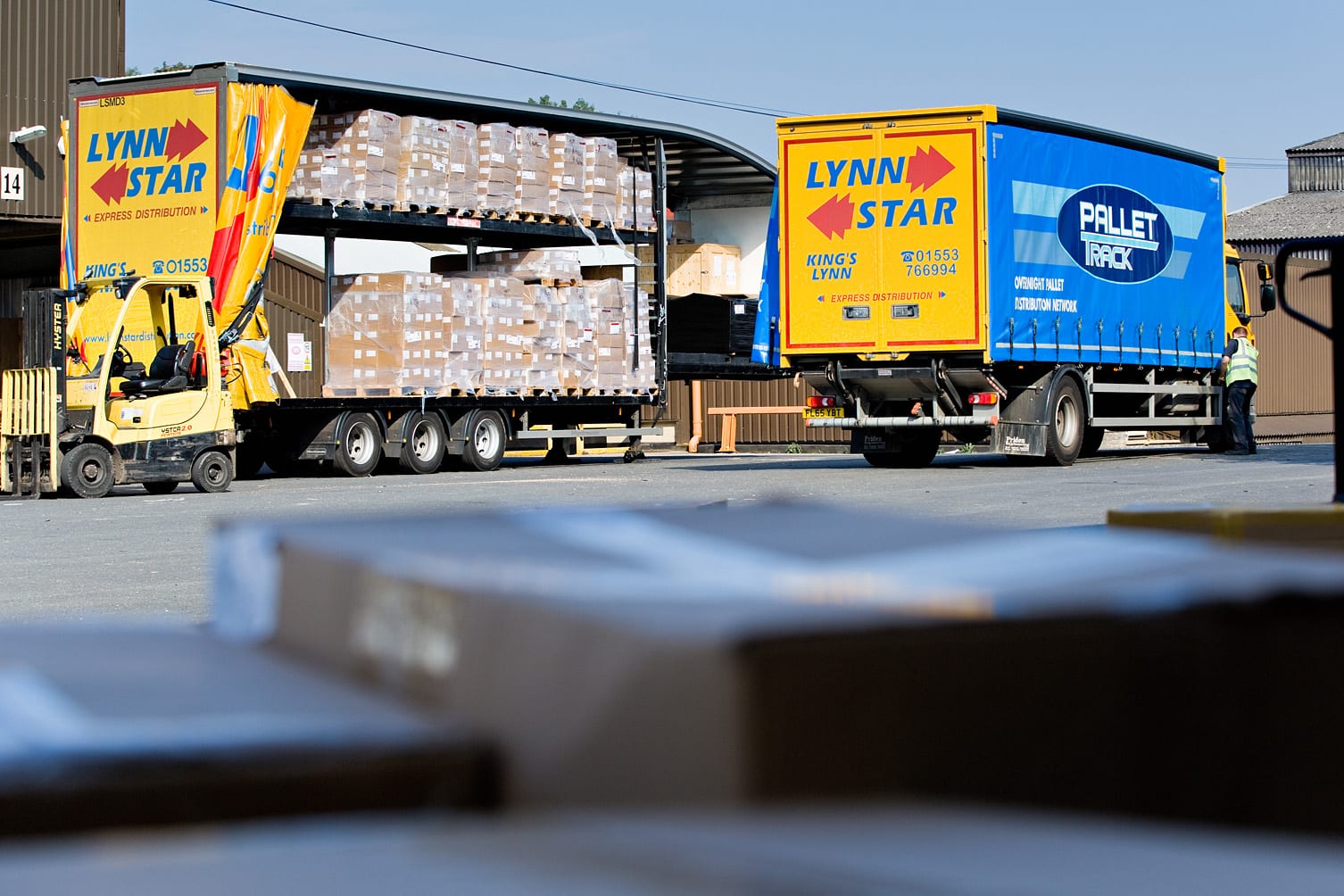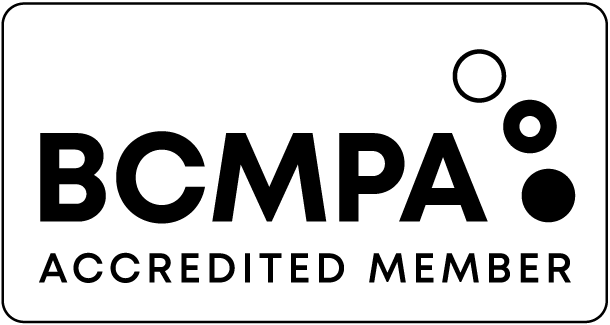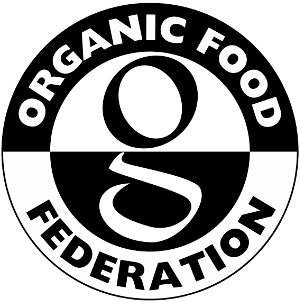When you’re running a company selling products, there are many aspects you need to take care of to ensure your products reach customers promptly and in an acceptable state. Sometimes you simply cannot oversee every package that leaves your doors to ensure that it meets your standards. When your company grows and you can’t keep up with orders flooding in, it might be time to consider contract packing.
So what is contract packing?
Contract packing, also known as co-packing, involves outsourcing the packing of products to a specialised company. This service includes the assembly, packing, labelling, and sometimes distribution of products. Businesses utilise contract packing to streamline operations, reduce costs, and ensure high-quality packing standards. Outsourcing the packing, allows companies to focus on their core competencies while leveraging the expertise of a third-party service to handle the complexities of packing.
What Sort of Companies Use Contract Packing?
Various sectors rely on contract packing to assist their operations and fulfil their needs.
- Food and Drink Companies: They might require packing for ingredients, sports supplements, shrink-wrapped trays of tins, confectionery, alcoholic and non-alcoholic drinks.
- These companies often require precise portion control, secure packing to ensure product freshness, and compliance with food safety regulations. Contract packers provide the necessary facilities and expertise to handle these needs efficiently.
- Beauty & Cosmetics Companies: Examples of products in soap, high end makeup, travel-size bottles or special launch packs.
- The beauty and cosmetics industry relies on attractive, protective packaging to appeal to consumers and ensure product integrity. Contract packers can create custom designs and manage complex assembly tasks like putting together gift sets and bundles.
- Household Goods Manufacturers: From Adhesives, dish cloths, laundry and even bathroom products.
- These products require durable packaging to withstand transport and handling. Contract packers can provide tailored solutions to meet specific packing requirements for household goods.
- Medical and Dental Companies: This could include antibacterial sprays, wipes, bandages, toothpaste or even dental picks.
- Medical and dental products need sterile, safe packing. Contract packers ensure compliance with health regulations and offer specialised services like batch coding and tamper-evident seals.
- Publishers: Publishers might need help with packing box sets for books, CDs, DVDs and promotional launch gift sets.
- Publishers need aesthetically pleasing packaging that protects the contents and enhances the consumer’s experience. Contract packers can design and assemble creative packing solutions that stand out in the market.
Different Types of Contract Packing
1. Bottle Filling
Bottle filling, one of the most common types of contract packing, involves filling bottles with liquid or granular products, ensuring precise measurements and maintaining hygiene standards.
Examples of bottle filling:
- Beverages: Filling bottles with sports drinks, juices, or water.
- Personal Care: Shampoo, conditioner, and lotion bottles.
- Household: Cleaning solutions and detergents.
2. Shrink Wrapping Shrink wrapping involves wrapping products in a plastic film that shrinks tightly around the item when heat is applied, providing protection and improved shelf presentation.
Examples of shrink wrapping:
- Food Products: Shrink-wrapped trays of canned goods.
- Electronics: Bundling multiple items like batteries or chargers.
- Retail Packs: Toys, games, and DVDs.
3. Vacuum Packing
Vacuum packing removes air from the package before sealing it, extending the product’s shelf life and maintaining freshness.
Examples of vacuum packing:
- Food Items: Vacuum-packed meats, cheese, and coffee.
- Medical Supplies: Sterile instruments and gauze.
- Electronics: Components that require moisture protection.
4. Bottle Labelling
Bottle labelling involves applying labels to bottles, ensuring they are correctly positioned and adhered securely, often including compliance and promotional labels.
Examples of bottle labelling:
- Beverages: Labelling wine, beer, and soda bottles.
- Personal Care: Labels for skincare products and essential oils.
- Pharmaceuticals: Medication bottles with dosage instructions and branding.
5. Hand Packing
Hand packing involves manually assembling and packing products, ideal for delicate, uniquely shaped, or limited-edition items.
Examples of hand packing:
- Luxury Goods: Assembling and packing high-end gift sets.
- Promotional Items: Custom packs for marketing campaigns.
- Crafts: Handmade or artisanal products that require special handling.
What is the Process of a Product Packing Service?
- Consultation and Planning
- Initial discussions to understand client needs, product specifications, and packing requirements.
- Outcome: Development of a tailored packing strategy.
- Samples and Time Study
- If possible, receive product samples and run through expected process.
- Outcome: Full understanding of process and time required for work.
- Assembly and Packing
- Actual packing of products according to the agreed process and specifications.
- Outcome: Products are packed and ready for distribution.
- Quality Control
- Ensuring all packages meet the required quality standards through rigorous checks.
- Outcome: High-quality, consistent packing.
- Distribution:
- Shipping the packaged products to the desired locations, often involving logistics management.
- Outcome: Timely and safe delivery of products to customers or retail outlets
Why Outsource Your Contract Packing Needs?
Outsourcing contract packing offers numerous benefits that can significantly enhance your business operations:
- Expertise and Experience: Contract packers bring years of specialised knowledge across various sectors. They implement best practices and innovative solutions, ensuring high-quality packingand efficient processes.
- Cost Savings: Outsourcing eliminates the need to invest in expensive packing equipment, warehousing, and additional staff. You save on overheads and capital expenditures, allowing you to allocate resources to core business activities.
- Flexibility and Scalability: Contract packers can quickly adapt to changes in demand, seasonal fluctuations, and new product lines. This flexibility ensures your packing needs are met without strain on your internal resources.
- Resource Efficiency: By outsourcing, you reduce costs associated with warehousing, stock management, packing materials, and operational staff. This efficiency allows you to focus on growing your business.
- Special Handling and Customisation: Contract packers have the expertise to handle delicate or uniquely shaped items, offering customised solutions that align with your brand and product requirements.
- Centralised Operations: With a single partner handling storage, packing, labelling, and distribution, you streamline operations and improve logistics efficiency.
- Overflow Capacity: During peak seasons or high-demand periods, contract packers can manage excess workload, ensuring continuous operations and timely deliveries.
- Quality Control: Professional packers have stringent quality control measures in place, ensuring that each package meets high standards of consistency and reliability.
- Sustainability: Many contract packers offer eco-friendly packingoptions and adhere to sustainable practices, helping you meet environmental goals and appeal to eco-conscious consumers.
What are the Risks Involved with Contract Packing?
While outsourcing contract packing can offer numerous benefits, it’s important to be aware of potential risks:
- Quality Control Issues: If the contract packer doesn’t maintain high standards, product quality might suffer, leading to customer dissatisfaction and returns.
- Communication Breakdowns: Miscommunication between your company and the packer can result in packing errors, delays, or incorrect shipments.
- Dependence on a Third Party: Relying heavily on an external provider can be risky if they experience operational disruptions, which could impact your supply chain.
- Confidentiality Concerns: Sharing proprietary information or sensitive data with a third party may pose security risks if not properly managed.
- Hidden Costs: Additional fees and charges not initially disclosed can lead to unexpected expenses, impacting your budget and cost efficiency.
- Flexibility Limitations: The contract packer may not always be able to adapt quickly to sudden changes in demand or specific customisations, which could affect your responsiveness to market needs.
- Regulatory Compliance: Ensuring the contract packer complies with industry regulations and standards is crucial. Non-compliance can result in legal issues and penalties.
By carefully selecting a reputable contract packer and maintaining clear communication and oversight, you can mitigate these risks and maximise the benefits of outsourcing your packing needs.
What Services Do Contract Packers Offer?
- Custom Packaging Design: Creating tailored packaging solutions to meet specific product and brand requirements.
- Product Assembly: Assembling product components into final, ready-to-sell units.
- Labelling and Re-labelling: Applying labels, including compliance labels, promotional labels, and re-labelling for different markets.
- Shrink Wrapping: Applying shrink wrap to products for protection and presentation.
- Blister Packing: Sealing products in pre-formed plastic blisters for protection and visibility.
- Batch Coding: Applying batch codes for traceability and compliance.
- Quality Control Inspections: Conducting thorough checks to ensure packing quality.
- Warehousing and Distribution: Storing and shipping products to various destinations.
How Much Does Co-Packing Cost?
The cost of co-packing can vary significantly based on several factors:
- Volume of Products: Larger volumes often reduce the cost per unit.
- Materials Used: High-quality or eco-friendly materials may cost more.
- Additional Services: Services like labelling, coding, and distribution add to the overall cost.
- Labour: The need for manual labour versus automation can affect pricing.
To get an accurate estimate, it’s best to request quotes from multiple contract packers, ensuring all your specific needs are considered.
How to Choose the Right Contract Packer?
Here are some questions to ask a contract packer when deciding on one:
Experience and Expertise:
- What industries do you specialise in?
- Can you provide examples of similar projects?
- Do you have experience with my specific product type?
Capabilities:
- What types of packing services do you offer?
- Do you have the equipment for both automated and hand-packing?
- Can you handle large volumes and seasonal peaks?
Quality Assurance:
- What quality control measures do you have in place?
- How do you ensure consistency and reliability?
- Are you certified for industry-specific standards (e.g., ISO, FDA)?
Flexibility and Scalability:
- Can you handle seasonal spikes in demand?
- How quickly can you adapt to changes in packing requirements?
- Do you offer customisable solutions?
Cost and Pricing:
- What is included in your pricing structure?
- Are there any additional fees or charges?
- Can you provide a detailed quote based on my specific needs?
Sustainability:
- Do you offer eco-friendly packing options?
- How do you minimise your environmental impact?
- What sustainability certifications do you hold?
By addressing these key points, you can ensure that you choose a contract packing partner that aligns with your business needs and goals, providing the flexibility, quality, and efficiency you require.
Why Bray Solutions is the Optimal Choice as a Contract Packer
- Expertise and Experience: Bray Solutions brings years of industry experience, ensuring high standards and innovative packing solutions tailored to diverse business needs.
- Advanced Technology: We utilise cutting-edge technology and equipment, enhancing efficiency and precision in our packing processes.
- Comprehensive Services: From bottle filling to hand packing, we offer a wide range of services to meet your unique requirements.
- Quality Assurance: Our rigorous quality control measures guarantee that every package meets the highest standards, ensuring customer satisfaction.
- Flexible and Scalable: Bray Solutions can quickly adapt to changes in demand, providing scalable solutions for both small and large volumes.
- Sustainability Commitment: We offer eco-friendly packing options and adhere to sustainable practices, helping you meet your environmental goals.
- Centralised Operations: Our integrated services streamline your logistics, reducing costs and improving efficiency by managing storage, packing, and distribution from a single location.
- Proven Track Record: With numerous satisfied clients and successful case studies, Bray Solutions has a strong reputation for delivering reliable and effective contract packing services.
Choosing Bray Solutions means partnering with a dedicated team that prioritises your business needs, delivering high-quality, efficient, and sustainable packing solutions. Contact our team today to discuss your contract packing needs.






